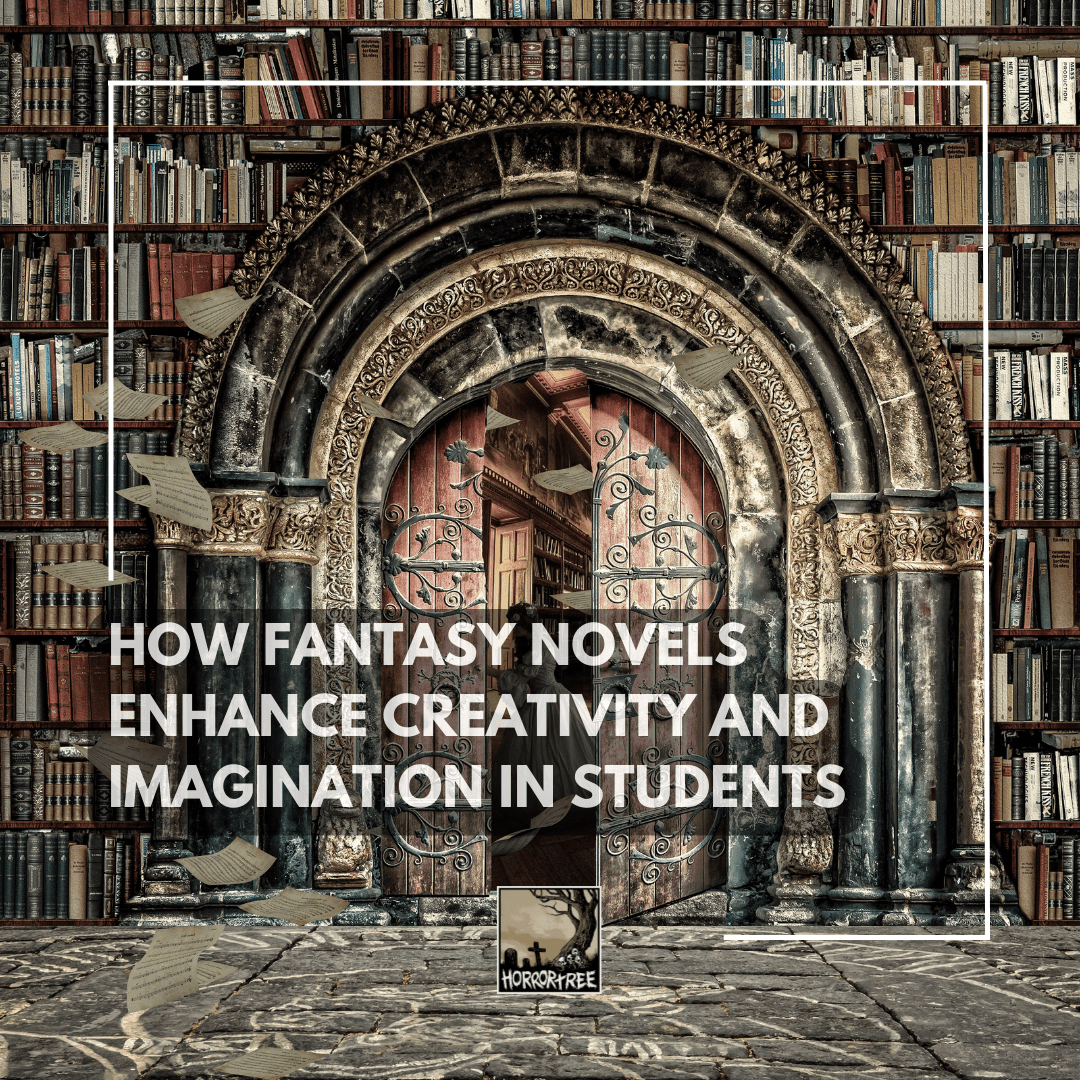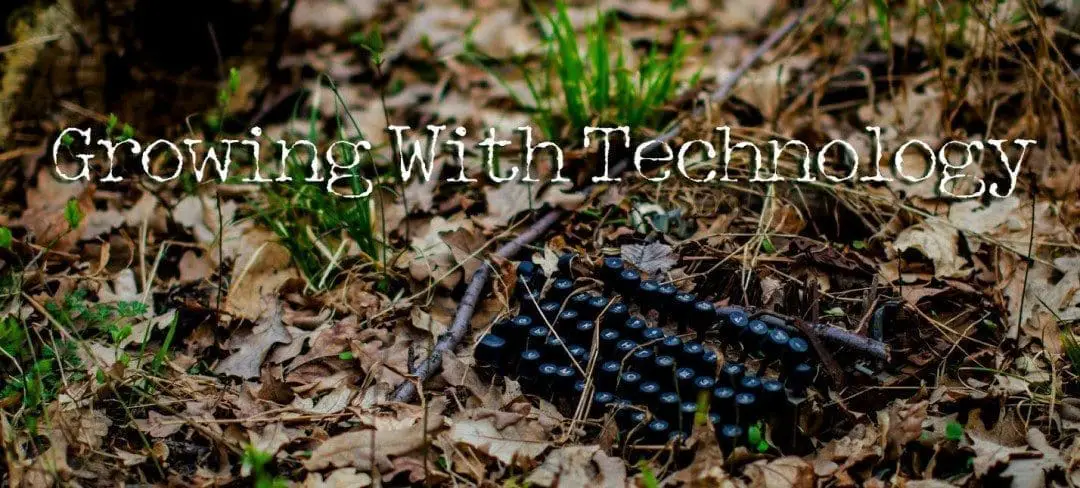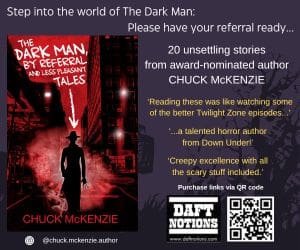How Fantasy Novels Enhance Creativity and Imagination in Students
How Fantasy Novels Enhance Creativity and Imagination in Students
Fantasy novels have been a cornerstone of literature for centuries with their intricate plots, unique characters, and imaginative settings. From J.R.R. Tolkien’s Middle Earth to J.K. Rowling’s Hogwarts, these novels transport readers to alternate realities, offering endless possibilities and adventures. For students, fantasy novels are more than just an entertaining read – they serve as a powerful tool to spark creativity and imagination.
Understanding Creativity and Imagination
Creativity is generating, developing, and expressing unique and original ideas. It involves thinking outside the box and developing innovative solutions to problems. On the other hand, imagination is the mental faculty that allows us to visualize novel scenarios, places, and experiences that are not present or real. It’s our mind’s playground where anything and everything is possible. When it comes to creative writing in college, students often seek inspiration for their work. Exploring various research proposal topics can be a great way to stimulate one’s imagination and generate fresh ideas for writing assignments.
Creativity and Imagination in Learning and Personal Development
In learning, creativity and imagination play a pivotal role. Creativity encourages learners to approach problems from different perspectives, fostering critical thinking and problem-solving skills. It allows students to make unique connections between seemingly unrelated concepts, enhancing their understanding and retention of information.
Imagination, meanwhile, helps learners grasp abstract concepts. By visualizing these concepts, students can better understand and remember them. Moreover, imagination fosters empathy as it enables students to put themselves in others’ shoes, an essential skill for social-emotional development.
Influence of Fantasy Novels on Creativity
Fantasy books are a fertile ground for sparking creative thinking. Their narratives are often filled with unconventional plots, unique characters, and imaginative settings that defy the norms of reality. This encourages readers to suspend their disbelief and immerse themselves in a world where anything is possible. By presenting situations and concepts outside the realm of ordinary, fantasy novels stimulate readers to think creatively, challenging them to envision a world beyond the physical and tangible.
Examples of Creative Ideas Inspired by Fantasy Novels
Fantasy novels have given birth to a plethora of creative ideas. For instance, the magical spells and enchantments in J.K. Rowling’s “Harry Potter” series have inspired fans to create their fictional spells or even entire magical systems in their stories or games. Similarly, the complex Elvish language crafted by J.R.R. Tolkien in “The Lord of the Rings” has motivated enthusiasts to construct their fictional languages, complete with unique scripts and grammar rules.
Fantasy Novels Influence People
Many renowned individuals attribute their creative success to the influence of fantasy novels. Filmmaker Peter Jackson, for example, was so captivated by “The Lord of the Rings” that he embarked on the monumental task of bringing the epic trilogy to life on the big screen. His creative vision transformed Tolkien’s written words into a cinematic masterpiece.
Another notable figure is Guillermo del Toro, the acclaimed director known for his fantastical and visually stunning films like “Pan’s Labyrinth” and “The Shape of Water.” Del Toro has often spoken about how his love for fantasy novels has shaped his storytelling style, imbuing his work with a unique blend of horror and wonder. These examples underscore the potent influence of fantasy novels on fostering creativity.
Impact of Fantasy Novels on Imagination
Fantasy novels, by their very nature, exist in realms beyond reality and, as such, are a powerful medium for expanding the boundaries of imagination. They introduce readers to extraordinary worlds, magical creatures, and intricate plotlines that transcend the physical world’s limits. These elements provoke readers to visualize and comprehend concepts that are outside the realm of their everyday experiences. By doing so, they stretch the imaginative capacities of readers, encouraging them to envision the impossible.
The Role of Imagination in Understanding and Interpreting Fantasy Novels
Imagination plays a crucial role in understanding and interpreting fantasy books. Since these novels often contain elements that defy the laws of nature and science, readers must use their imagination to visualize and make sense of these phenomena. Readers can ‘see’ dragons breathing fire through the power of imagination, ‘walk’ through the invisible platform to board the Hogwarts Express, or ‘experience’ the thrill of flying on a broomstick during a Quidditch match. Thus, imagination bridges the reader and the novel’s fantastical elements, enhancing the overall reading experience.
Examples of Imaginative Concepts Derived from Fantasy Novels
There are numerous examples of imaginative concepts derived from fantasy novels. The idea of an entire world existing inside a wardrobe in C.S. Lewis’s “The Chronicles of Narnia” or the concept of time travel using a Time-Turner in J.K. Rowling’s “Harry Potter” series are just a few instances. Similarly, the notion of a ring granting its bearer invisibility in J.R.R. Tolkien’s “The Lord of the Rings” has sparked countless imaginations. These concepts, while fantastical, have inspired readers to think beyond the constraints of reality, demonstrating the immense power of fantasy novels in fostering imagination.
The Positive Effects on Academic Performance
Enhancing students’ creativity and imagination significantly impacts their academic performance. Creativity is multidisciplinary. It’s not confined to a single subject but permeates across disciplines. This fosters a holistic learning experience where students can apply creative thinking and problem-solving skills in various academic contexts.
Creativity gives students the freedom to explore and learn new things. As they navigate challenges and bring their creative ideas to life, they develop critical thinking skills and resilience, essential for academic success.
Student creativity, a fusion of imagination, curiosity, and critical thinking skills, has been linked to improved physical well-being. This implies that creative students are more likely to be engaged and active learners, enhancing their academic performance.
The Long-Term Benefits in Personal and Professional Life
The long-term benefits of a strong imagination and creativity extend beyond the classroom into personal and professional life. Orchids International School’s blog notes that creative activities boost emotional intelligence, helping children deal with stressful situations. This emotional resilience is invaluable in navigating personal relationships and managing stress in adulthood.
Moreover, creativity provides opportunities for experimentation, imagination, developing writing habits, and freedom of expression. These experiences shape social skills and foster an innovative mindset, which is highly sought after in the professional world.
Lastly, giving kids opportunities to use their imagination helps with many aspects of development, from social skills to motor functions. Increasing access to areas requiring imaginative thinking can lay the groundwork for a successful career, particularly in fields that value innovation and problem-solving.
Conclusion
In conclusion, fantasy novels offer more than escapism – they catalyze students’ creativity and imagination. They encourage readers to question, explore, and create, enriching their cognitive abilities and perspectives. As we continue to navigate an ever-changing world, fostering these skills in students becomes increasingly important. I encourage educators and parents alike to promote the reading of fantasy novels, thereby unlocking a world of creativity and imagination in our future leaders.
- About the Author
- Latest Posts
Stuart Conover is a father, husband, published author, blogger, geek, entrepreneur, horror fanatic, and runs a few websites including Horror Tree!











